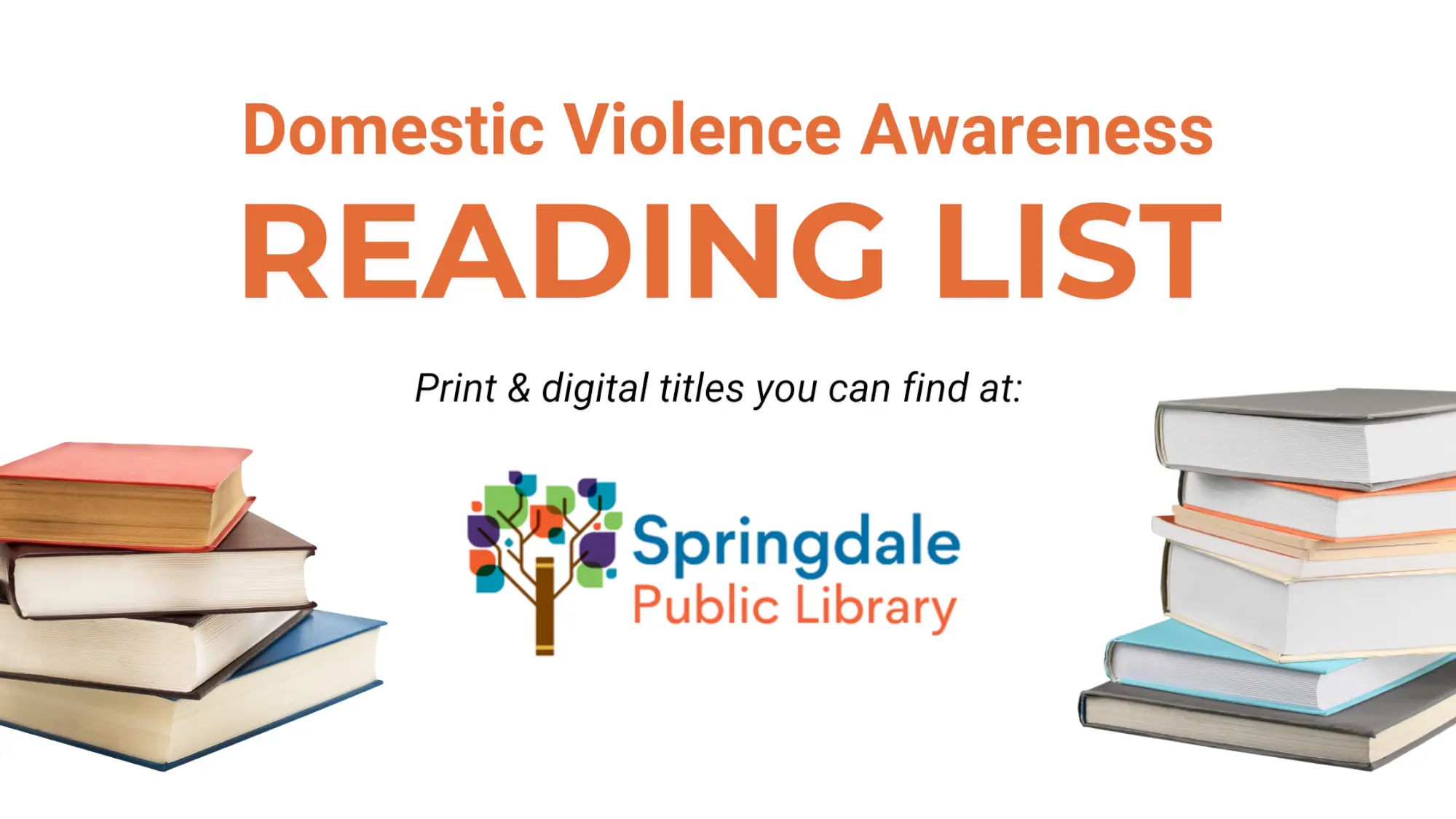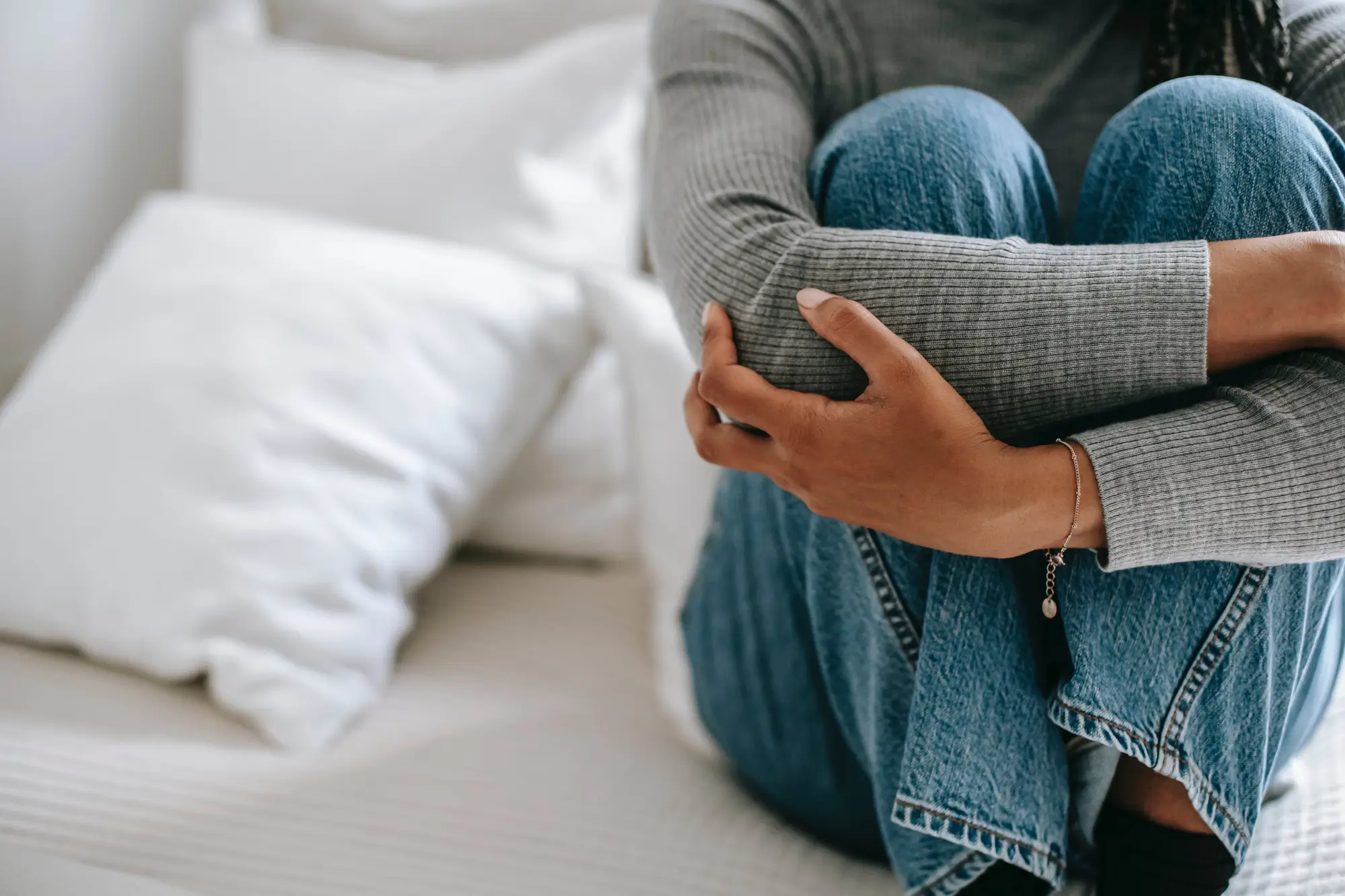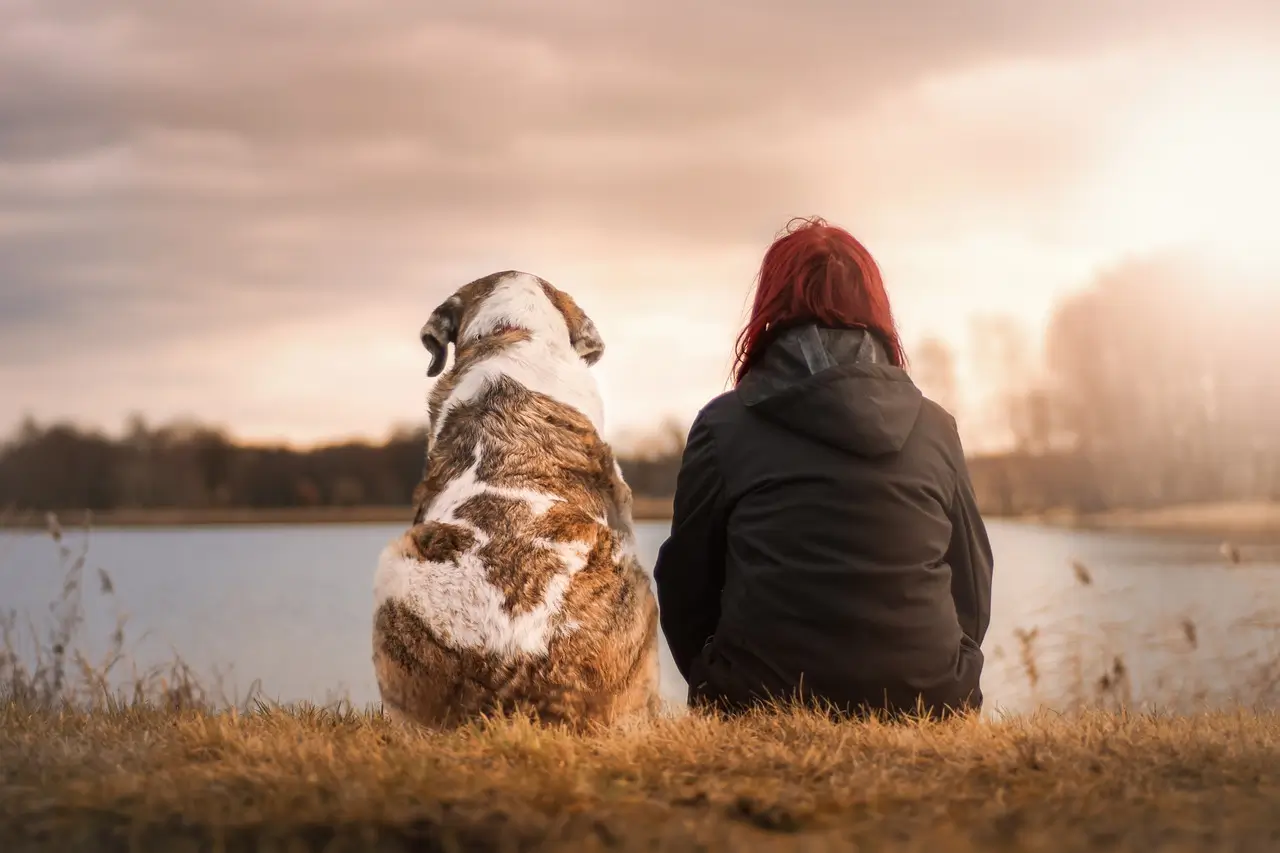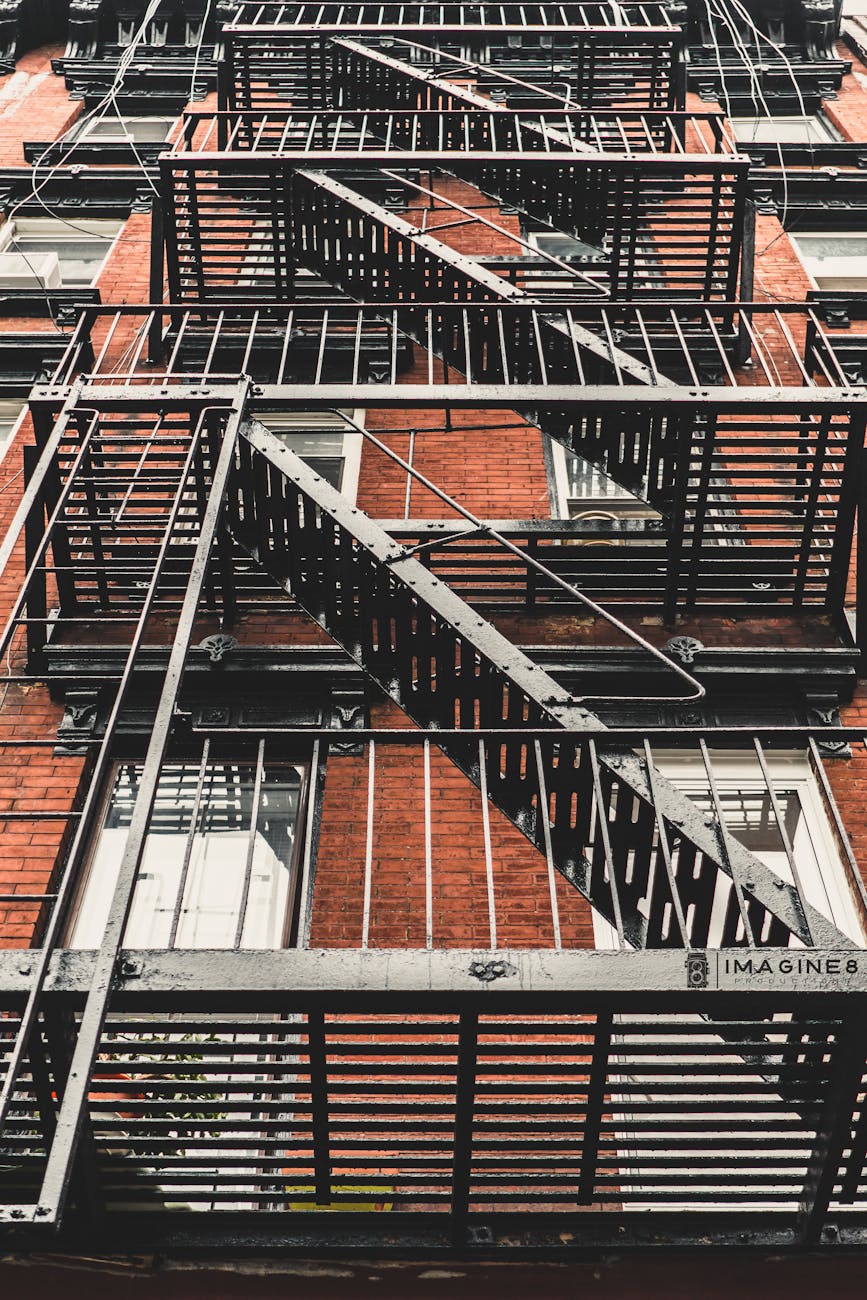
Abuse or assault is not a fun thing- to go through, to talk about, or to deal with. It can be hard to know what the right or wrong thing to do or say is. If someone trusts you enough to share that they have been abused, you can help them in a lot of ways.
1. Listen to and believe them.
Sharing their story can sometimes be just as traumatic as the actual event, so if a survivor wants to talk about it, listen. Try not to ask a lot of questions, and let them know that you care about them.
2. Know abuse is never the victim's fault.
Sometimes it can be easy to believe that something 'set off' or 'caused' the abuser to act. The only person responsible for the abuse is the person who abused. Let your friend know that they are not in the wrong, and deserve to be treated better.
3. Find local resources that offer help.
It can be hard to know where to start when dealing with a stressful situation. Reach out to organizations that can help in relation to the abuse. The Peace at Home Shelter offers transitional housing, legal representation, and support with finding employment and support groups. We also offer community referrals. Other organizations have many of these same resources. You can also suggest making something like a Family Safety Plan, which is easily tailored to fit whatever emergency that may occur.
4. Respect their decisions.
Many survivors do not want to report the assault or abuse, or tell anyone else about what occurred. They know their situation better than you do, so let them make the calls.
5. Continue to support and help them.
Sometimes the best thing you can do for a survivor is be their friend. Being able to discuss what's happening with someone can help release stress, clear up any confusion about the situation, and re-establish healthy connections. Do your best to genuinely be there, even after the situation is resolved.
If you have any questions about domestic abuse or assault, or need help, contact Peace at Home Shelter's Crisis Hotline at 479-442-9811.



